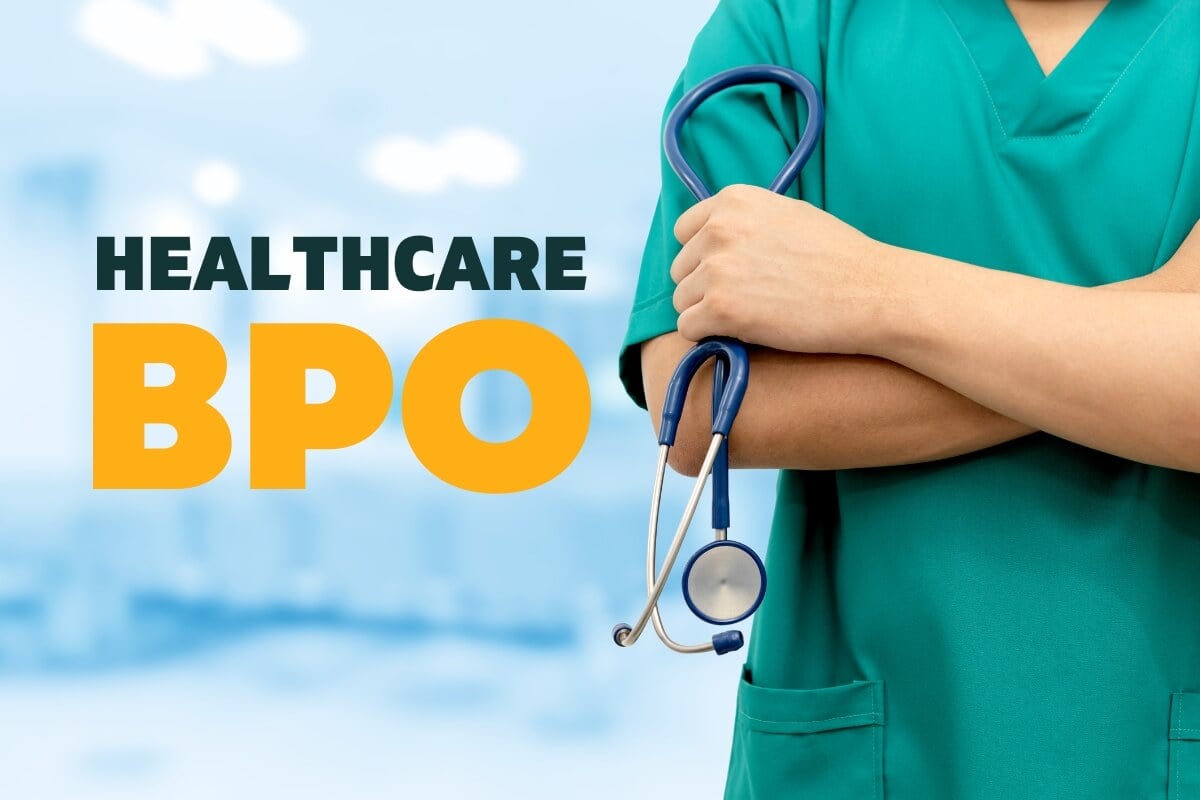Understanding the Duty of Healthcare RCM in Enhancing Financial Performance and Person Fulfillment
Navigating the complexities of Medical care Income Cycle Management (RCM) is essential for achieving ideal monetary efficiency while concurrently boosting person contentment. RCM's capacity to enhance payment, make certain exact coding, and speed up claims processing stands as a keystone of modern medical care operations. Nonetheless, the nuanced interplay between these components warrants a more detailed examination to completely appreciate their effect on both health care suppliers and patients. As we check out the transformative potential of RCM, questions concerning its calculated implementation and future advancements beckon, promising understandings that might redefine industry requirements and client experiences alike.

Key Elements of RCM
In the complex landscape of medical care, Income Cycle Management (RCM) is crucial in making certain economic security and functional performance. Client enrollment and qualification verification are foundational actions, making sure that precise client info is captured and insurance policy protection is verified prior to services are rendered.

Cost capture is an additional essential part, entailing the accurate recording of solutions given to individuals. It makes certain that all billable solutions are accounted for, therefore making the most of earnings possibility. Concurrently, clinical coding translates patient experiences right into standard codes, which are important for billing and regulatory conformity.
Claims submission and administration follow, including the preparation and entry of cases to payers. This process calls for meticulous focus to detail to decrease errors and avoid hold-ups. Denial administration is a positive technique to deal with and resolve refuted claims, guarding revenue streams.
Finally, repayment uploading and client collections finish the cycle, ensuring payments are properly tape-recorded and superior equilibriums are sought. With each other, these components create a robust framework that sustains the operational and monetary wellness of healthcare companies.
Effect On Financial Efficiency
Effective Income Cycle Management (RCM) substantially affects a health care organization's economic efficiency by maximizing cash money circulation and decreasing earnings leak. RCM includes the comprehensive billing and collection procedures that make certain health care providers effectively manage their economic transactions from patient enrollment to last repayment. By enhancing these procedures, companies can reduce rejected cases, quicken payment cycles, and enhance general monetary health and wellness.
Monetary performance is improved via thorough monitoring of payment treatments, which includes exact coding and timely entry of cases. This decreases the probability of claim denials and denials, which can considerably impede income flow otherwise dealt with quickly. Furthermore, integrating innovative modern technology remedies helps with real-time tracking of insurance claims and economic metrics, supplying health care administrators with the devices necessary to make educated calculated choices.

Enhancing Patient Contentment
While maximizing financial efficiency is a key goal of Earnings Cycle Monitoring (RCM), it also plays a critical duty in enhancing client complete satisfaction. People today demand openness, efficiency, and accuracy in their healthcare communications. RCM systems simplify these processes, offering patients a smooth experience from visit organizing to payment. By lowering administrative concerns, RCM allows doctor to focus much more on individual care, which straight improves person satisfaction.

RCM additionally improves client fulfillment with efficient interaction. By preserving an extensive data source of person details, RCM facilitates improved communication between patients and healthcare suppliers, making certain clients feel notified and valued.
Approaches for Reliable RCM
Accomplishing efficient Revenue Cycle Monitoring (RCM) calls for medical care organizations to apply a collection of tactical practices that ensure financial security and operational performance. One vital approach is the fostering of technology-driven solutions, such as incorporated software application platforms that simplify billing processes, lower errors, and improve information precision. These systems enable real-time tracking of economic metrics, allowing for prompt recognition and correction of ineffectiveness.
An additional strategy is the standardization of procedures across the revenue cycle. Healthcare RCM. This entails creating consistent plans for person enrollment, insurance policy verification, and claims processing. By ensuring that all team stick to these requirements, companies can expedite and decrease discrepancies payment collections
Team training and development click reference likewise play a critical duty in reliable RCM. Trained employees can successfully browse intricate billing procedures and laws, enhancing and minimizing denials cash flow. Normal updates on plan modifications and finest practices aid keep a knowledgeable and proficient workforce.
Future Trends in RCM
As healthcare organizations boost their Earnings Cycle Administration (RCM) approaches with innovation and standard processes, attention is currently turning towards the future patterns shaping this vital area. One significant trend is the assimilation of fabricated intelligence (AI) and maker knowing to automate complex tasks, such as claims processing and anticipating analytics. These modern technologies are anticipated to reduce errors, speed up deal times, and give data-driven understandings for better decision-making.
Additionally, the shift towards value-based care continues to influence RCM methods - Healthcare RCM. Doctor are anticipated to significantly concentrate on patient end results and complete satisfaction, requiring RCM systems that can fit brand-new compensation designs. This shift will certainly need even more detailed information collection and analysis to successfully report and gauge on efficiency metrics
Interoperability is another emerging top priority, as seamless information exchange in between disparate systems ends up being vital. Enhanced interoperability will facilitate more exact client details sharing, reducing administrative burdens and enhancing the individual experience.
Verdict
Health Care Profits Cycle Monitoring (RCM) significantly affects both economic performance and client fulfillment by maximizing payment processes, making certain specific coding, and making it possible for punctual cases entry. Effective RCM reduces revenue leak and accelerates capital, decreasing claim rejections and speeding blog here up settlements. This effectiveness fosters depend on and complete satisfaction amongst clients. RCM systems additionally promote much better interaction and adaptable repayment options, creating a patient-centered experience. Future RCM fads will likely concentrate on additional incorporating technology to boost these benefits.
Navigating the details of Medical care Income Cycle Monitoring (RCM) is crucial for attaining optimum economic performance while simultaneously boosting patient satisfaction. RCM includes the extensive invoicing and collection processes that make certain health care suppliers efficiently handle their financial deals important site from person enrollment to final payment. By minimizing management concerns, RCM allows health care service providers to focus more on patient treatment, which straight boosts patient satisfaction.
By preserving a detailed data source of patient details, RCM helps with enhanced interaction between clients and health care suppliers, ensuring patients feel informed and valued.Healthcare Revenue Cycle Administration (RCM) dramatically affects both financial efficiency and person fulfillment by enhancing billing procedures, ensuring specific coding, and enabling punctual insurance claims submission.